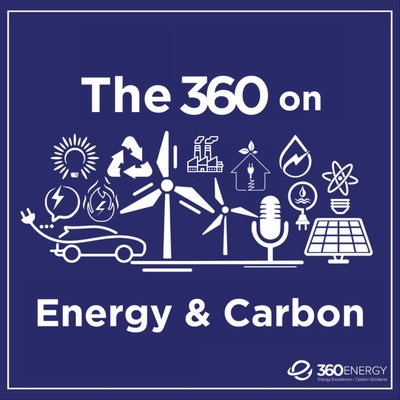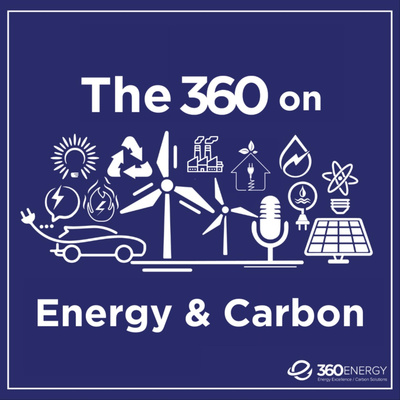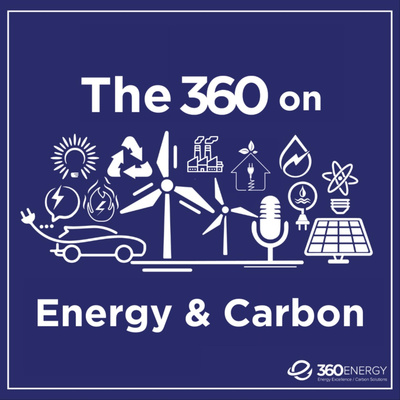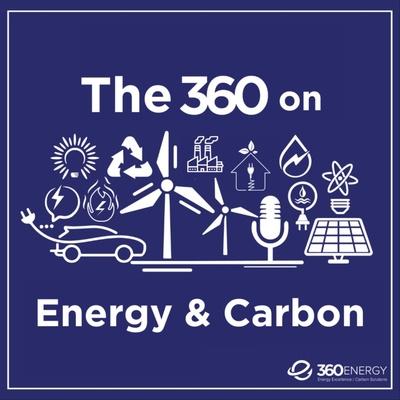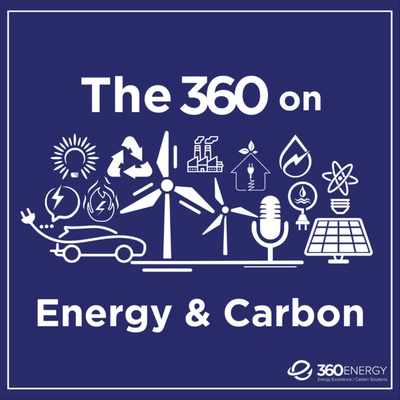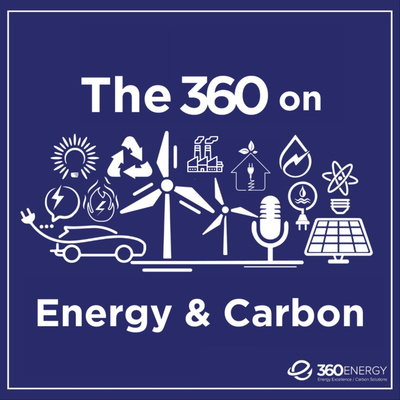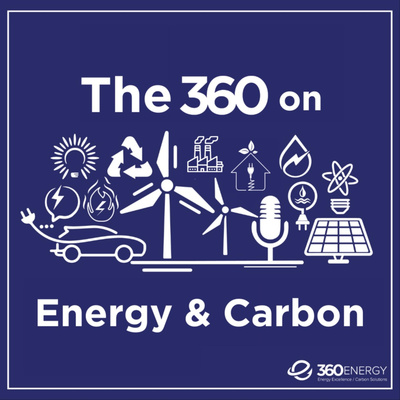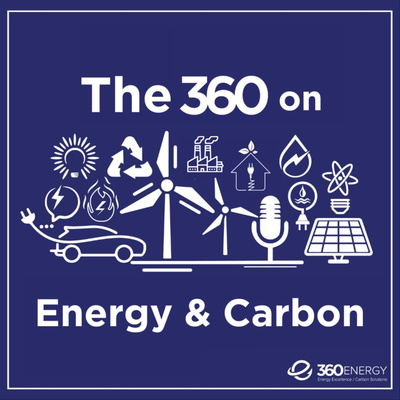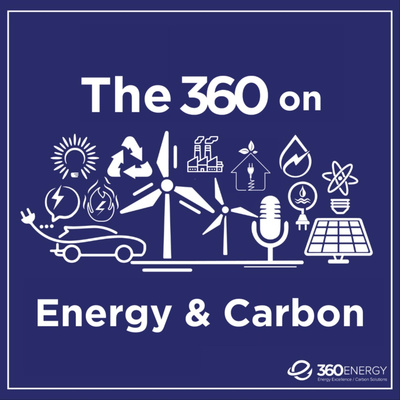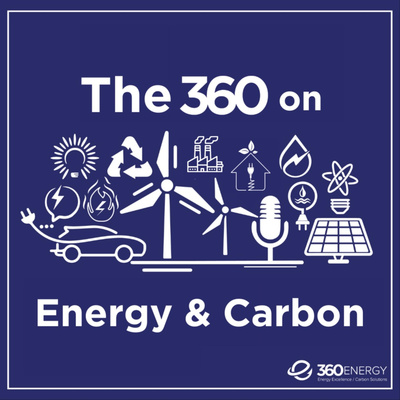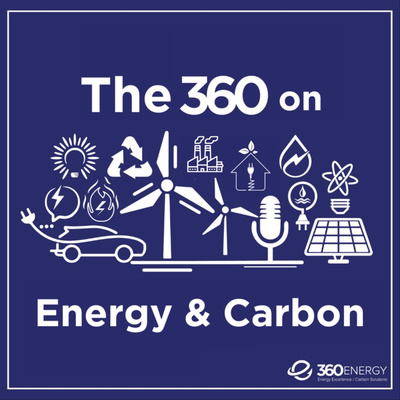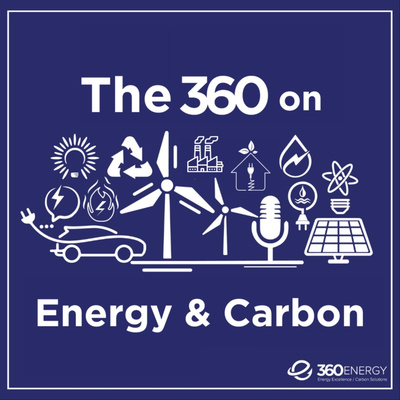
MESSAGE FROM THE CEO
Canada Needs a National Energy Management Strategy
Why is Canada worried about growth, jobs and prosperity? Our energy and water resources are the envy of the world. Why aren’t we leveraging the natural advantages we have?
Perhaps it’s because Canada has these gifts in such abundance, they have been carelessly managed. Complacency, waste and inefficiency have kept us from securing economic security for our people.
Just recently, I learned The Business Council of Canada has launched a Task Force on Canada’s Economic Future to find answers for these important questions. It’s an important initiative. I commend them for their efforts.
Canada needs a national energy management strategy. Every company that has implemented a concerted, comprehensive energy management program has seen its productivity and operational performance improve. A national program, targeted to help all enterprises better manage energy, would do wonders for our nation’s economic prospects.

Is it Smart to Generate Your Own Power?
To avoid high electricity prices, some organizations are wondering if they should generate power for themselves.
Companies that sell generators, fuel cells, batteries and more are certainly promoting the idea. And, the claims they make sound appealing. But is generating and storing your own electricity really a smart choice for you?
Here are some things we’ve learned, working with our clients to answer this question.

Shedding Light on Canada’s Solar ResourcesEnergy is often a top 3 cost for organizations… so why isn’t it budgeted?
Canada’s National Energy Board (NEB) is perhaps best known for its regulatory role in reviewing applications for oil and gas projects such as pipelines. The NEB has also developed significant online information resources for Canada’s solar potential. It is possible to do a solar assessment for any of Canada’s 20,000 communities using the tools developed by the NEB.
Register to watch our Webinar video below.

Getting Under One’s Skin
Beauty is only skin deep. That’s why the exterior and interior of architectural designs get all the glory. But when it comes to comfort and how well a building performs? Well. You’ll just have to get under its skin.
Comfort, affordability and sustainability are outcomes enjoyed when a building uses energy well.
Learn more about the two tools that are primarily used to assess how well a building meets these tests.

New Tax Incentives for Clean Energy
Cory Prince, CPA, CAChartered Professional Accountant firm of Durward, Jones, Barkwell
This past November, the federal government presented its 2018 Fall Economic statement. Tax measures were introduced with the aim of improving the competitiveness of Canada’s tax system. Finance Minister Bill Morneau’s updates did not change corporate or personal tax rates. He did, however, announce enhanced tax deductions for capital assets purchased and used in Canada. The federal government has referred to these enhanced tax deductions as the Accelerated Investment Incentive (“AII”).
Specified clean energy equipment purchased after November 20, 2018, is now fully deductible in the year of purchase. The half-year rule has also been suspended. This incentive will be gradually phased out starting in 2024 and will be unavailable for clean energy capital assets purchased after 2027.

April Fuels Day
Be Serious About Carbon
Does your organization operate in Ontario, New Brunswick, Manitoba or Saskatchewan?
On April 1, the Federal carbon tax will apply to fossil fuels consumed in these four provinces.
Unlike other Canadian jurisdictions, these four have not put a price on the greenhouse gas (GHG) emissions associated with global warming.
